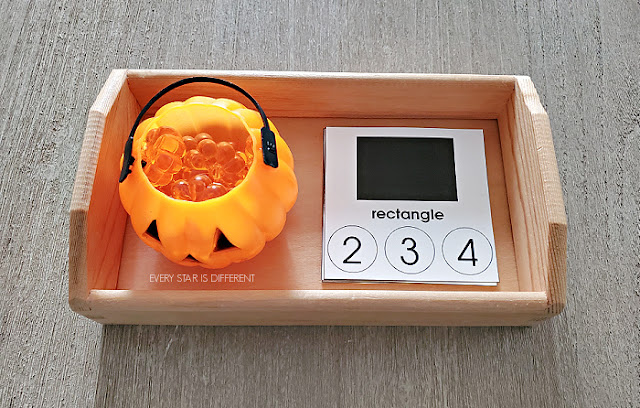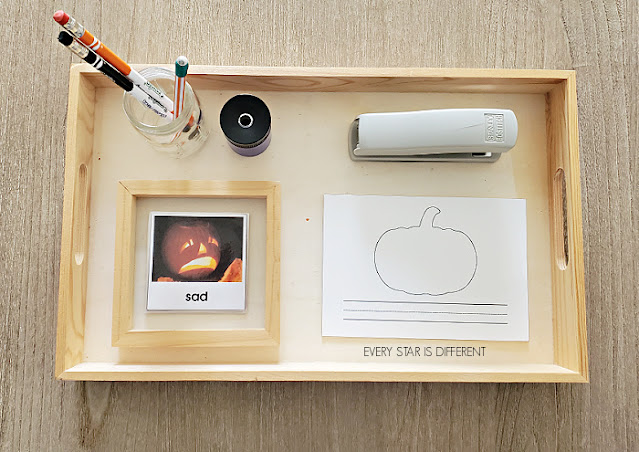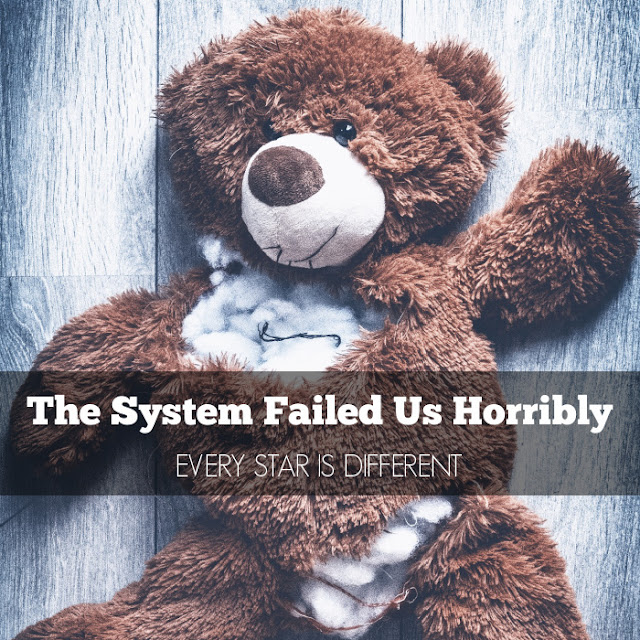Over the last month I have found myself needing to ask for help from so many others due to the cost of raising a child with severe mental health struggles.
Sunshine has been increasingly unstable for over two months now. It seems there's no end in sight.
We are desperate to find a way to stabilize her and keep her at home with her family.
Nothing feels more hopeless and helpless than not being able to help a child with severe mental health struggles, while you watch your other children, your partner and yourself struggle.
I've been pondering a lot lately about the cost of raising a child with severe mental health struggles and came up with ten thoughts I wanted to share.
The Cost of Raising a Child with Severe Mental Health Struggles
Warning: This
post contains content related to Mental Health Struggles that may be
triggering to some.
Important: Children with mental health struggles are innocent. Behaviors mental health struggles are real and impact many. It is our goal to support healthy and loving families where children
with mental health can receive help and heal, if possible.
1. Financial Hardship
I can't begin to describe the financial hardships a family experiences while raising a child with severe mental health struggles.
There's the cost of therapy, medication, gas, and vehicle expenses.
There's the cost of destruction of property at home and in the community.
Right now we are trying to replace a door, fix a toilet, and patch a hole in the ceiling.
There's the cost of psychiatric ward stays, day programs, and residential placements.
Sometimes there are court related costs.
Insurance companies and community programs may pay for some expenses, but never all.
Unlike cancer or other medical issues, very few people line up to do fundraisers for families with a child struggling with mental health issues.
And if they do attempt, very few donate to the cause.
In our family, besides the financial expenses above, there have been hotel costs.
Some of our family has had to live in hotels for safety on two occasions, both for five to six weeks at a time.
In most families a parent needs to remain at home for safety, child care, and to manage appointments, therapies, finances, etc.
Currently in our home, Sunshine's situation requires both parents home at all times. We work when we can, but it's not enough.
The financial sacrifice is great and very rarely leads to positive outcomes.
It's very hard to find positive outcomes when working with a broken system.
What's even more difficult is that the financial burdens never end.
There is no cure for severe mental health struggles.
2. Abusive and Unhealthy Relationships
More than anything parents want to raise their children in a safe environment without abuse of any kind.
Yet when a child suffers from severe mental health issues, everyone in the household is exposed to unhealthy relationships, emotional, verbal, and/or physical abuse.
I want to make it very clear that a child with severe mental health issues cannot control their own behaviors at times, nor does a child choose to have severe mental health issues.
Unfortunately, the very essence of severe mental health struggles is based on an inability to form healthy relationships.
The more severe the mental health struggles, the more severe the abuse for others becomes.
For caregivers who do not have experience with severe mental health issues, challenges are unprecedented.
Some caregivers resort to unhealthy and abusive parenting choices as they are desperate to make the behaviors stop.
It is so crucial for family members to receive continued help and support to ensure that all members of the household are safe and working through experiences taking place in the home and the community.
Even with help, there will be consequences for everyone.
3. Deteriorating Health
When raising a child with severe mental health issues, the caregiver's physical health most often takes a back seat to all that's going on with the child.
Appointments are postponed, rescheduled, cancelled, or aren't even scheduled because finding childcare can be so difficult or other situations arise.
So much money is spent on the child with severe mental health issues, that there is none left for the caregiver's health care.
Caregivers can be physically injured by a child with severe mental health issues.
Due to the severity of behaviors, caregivers may not be able to obtain the necessary rest, exercise, or nutrition that is required to be healthy.
High stress levels affect the body's ability to function.
The consequences to a caregiver's physical health are very real.
A caregiver's emotional health can also suffer serious consequences while raising a child with severe mental health issues.
Feelings of depression and anxiety become very real and can become quite severe without help and treatment.
If the child's severe mental health struggles are inherited genetically, the caregiver's mental health struggles may increase and become more severe, due to the stress of caring for the child.
Depression and anxiety can also affect siblings of the child with severe mental health struggles, in turn the caregiver's mental health is affected.
Life can easily spiral out of control with everyone struggling so much.
4. Isolation
There are very few people who understand and can be supportive of a caregiver who is raising a child with severe mental health issues.
Friendships are hard to come by.
Even if a caregiver does make a friend, it is extremely difficult to maintain the friendship with all that's going on at home.
Most often caregivers are unable to invite others into the home because of the severity of mental health issues, neither can they get out of the house often to do fun things with friends.
When it comes to family, unless mental health struggles are hereditary, very few understand.
And even when mental health struggles are hereditary, the handling of them and treatment for them is very different.
Invitations to family and friend events become less and less as others choose not to want to deal with all that comes with severe mental health struggles.
Then there's the reality that after spending so much time dealing with mental health struggles, a caregiver may not have the energy to spend time with others, or want to.
The feelings of isolation are very real.
5. Time
A caregiver raising a child with severe mental health struggles has so many meetings and appointments.
Driving to and from appointments, near and far, takes so much time.
Then there's the unwinding from appointments, whether good or bad, the brain needs time to process.
At home there are behaviors.
Each and every one takes time away from other things.
Again, none of this is the child's fault, but the consequences of behaviors are very real to all involved.
Time spent handling behaviors is time spent away from work, home responsibilities and other children.
All of that time has to be made up for somehow.
And one would think that time would be freed up when a child is in a pediatric psychiatric ward or residential facility, but it's not.
There's travel, appointments, and grief.
So much grief.
Grieving takes time.
6. Charity and Unconditional Love Towards Others
A caregiver of a child with severe mental health struggles knows how to love in the darkest of circumstances.
Severe mental health struggles mean that the child is most likely abusing a caregiver in some way.
There is such an awareness, acceptance, and acknowledgement of love not being based on behaviors, because a caregiver knows that there are many times the child has no control of those behaviors.
The caregiver sees how much the child wishes for change, improvement, and healing, to no avail.
A caregiver sees the child's strengths, where they may seem nonexistent to others.
Negative feelings come because a person cares.
Grief is the most intimate form of love.
A caregiver of a child with severe mental health struggles feels deeply and continues to advocate ferociously no matter what.
A caregiver of a child with severe mental health struggles does not ever give up.
Even when circumstances are such that a child cannot live safely with a family, a caregiver never stops loving.
7. Increased Mindfulness
In order to survive day to day, a caregiver of a child with severe metal health struggles has to learn mindfulness.
There's an emphasis on celebrating every win, no matter how small.
A caregiver learns to pause, breathe, and take each situation one step at a time.
Being present focused becomes automatic.
Managing all of the chaos while staying sane requires the utmost mindfulness of self and surroundings.
So much of parenting is about the caregiver understanding their own triggers and fears and NOT acting on them.
A caregiver of a child with severe mental health struggles learns how to find their peace and calm in the most difficult of situations, and somehow be okay afterwards.
8. Empathy
A caregiver of a child with severe mental health struggles feels deep empathy towards others because she knows that struggles are real and sometimes impossible to overcome.
There is no judgement from a caregiver of a child with severe mental health struggles because the caregiver knows how bad things can get no matter how hard everyone tries to find answers and treatment.
Watching others suffer is extremely difficult for a caregiver of a child with mental health struggles, because a caregiver knows just how deeply suffering can affect families.
A caregiver of a child with severe mental health struggles never wants others to struggle as she has and will do all she can to provide comfort, peace, and safety.
9. Leadership Skills
The caregiver of a child with severe mental health struggles would make the best CEO of a company.
Their communication skills are refined and superb after speaking with doctors, specialists, therapists, insurance, and so many others.
A caregiver of a child with severe mental health struggles knows how to work in a team, even when other members aren't pulling their weight, are bullying, or making the situation worse.
She knows how to collaborate.
Acceptance of life's circumstances is never more real than it is to a caregiver of a child with severe mental heath struggles.
A caregiver of a child with sever mental health struggles knows how to advocate without giving up when things don't work out.
Caring for a child with severe mental health struggles requires the utmost organization of environment, schedule, and more.
It also requires the utmost flexibility, as life changes in the blink of an eye.
A caregiver of a child with severe mental health struggles is incredible under pressure.
She's the one you want to have around when things go wrong and there are emergencies.
The caregiver of a child with severe mental health struggles is so flexible and can easily accommodate any situation.
10. Patience
There is absolutely nothing that occurs quickly when raising a child with mental health struggles.
A caregiver waits for appointments.
A caregiver waits for medications to work.
A caregiver waits for supports to be put in place and actually be carried through with.
A caregiver waits for the child with severe mental health struggles to get better for years and sometimes decades.
A caregiver of a child with severe mental health struggles waits for safety over and over and over again.
A caregiver of a child with severe mental health struggles waits for abuse to stop.
A caregiver of a child with severe mental health struggles waits for the world to acknowledge and accept that mental health struggles are real, for the stigma to disappear, and for the world to actually take action for change.
A caregiver waits for a broke system to be overhauled, while her child suffers.
There is not a more patient on this planet than a caregiver of a child with severe mental health struggles.
The cost of raising a child with severe mental health struggles is great.
In the midst of the darkest moments, it can be very easy to feel defeated, especially when you can't see the light.
If possible, take the time to think about the investments you are making in yourself and in your child.
You will never be the same after the experiences that you've had.
You've gone through or are going through the refiner's fire.
You may feel broken, but you are more capable than you have ever been before.
If you enjoyed this post, you may also like the resources below.












.png)








































